New Scientist covers the latest developments in science and technology that will impact your world. New Scientist employs and commissions the best writers in their fields from all over the world. Our editorial team provide cutting-edge news, award-winning features and reports, written in concise and clear language that puts discoveries and advances in the context of everyday life today and in the future.
Elsewhere on New Scientist
It’s time to save our rivers • Why we are shining a light on the UK’s waterways crisis
New Scientist International Edition
Bird flu’s pandemic risk • Amid the global outbreak in wild birds and poultry, the virus could evolve to spread among people. Are we prepared, asks Clare Wilson
Doubts over the wood wide web • Claims that trees communicate via an underground network have been widely propagated, but a review suggests they aren’t based on solid science, reports Luke Taylor
Couples are most in love in Hungary, according to science
Your brain produces more entropy while you are awake
Why our rivers matter • There are 200,000 kilometres of wildly varying waterways in the UK, but do we understand their true value and the threats they face, asks Graham Lawton
Curly hair protects us from the sun • Tightly coiled hair stops heads overheating more effectively than straight or moderately coiled hair, which may explain why it evolved in the first humans, writes Michael Le Page
Distant, tiny world Quaoar has a ring that seems to defy laws of physics
Massive tick-killing effort fails to reduce Lyme disease cases
Twist in tale of ancient tool use • A trove of artefacts from Kenya shows that relatively sophisticated stone tools were crafted by even our very early relatives, reports Michael Marshall
Analysis Calorie restriction • Does permanently cutting calories slow ageing? A blood test suggests that restricting our calorie intake reduces the rate at which we age, but the jury is out on whether this strategy really works, writes Clare Wilson
Bandicoots can be trained to flee predators faster
Blocking sunlight with moon dust may ease global warming
Brain pathway could be key to treating opioid addiction
Chronic fatigue linked to gut bacteria • People newly diagnosed with ME/CFS have distinctive changes in their gut microbiomes
Multiple tools help cockatoos get the job done
Lower incomes mean longer waits for basic services
Severe drought may have doomed the Hittite empire
Dust ring orbits the sun with Mercury
Orca mothers care for their adult sons
Millions live in possible flood path for glacial melting
Really brief
No miracle required • A focus on revolutionary “green” technologies is slowing the uptake of existing solutions to problems such as climate change, says Mark Jacobson
This changes everything • Old connections A telecommunications museum in Seattle, with a working exchange from the 1940s, shows how telephones brought us together – but also tore us apart, says Annalee Newitz
Nature’s finest
Your letters
Don’t use the Q word • From love to cancer cures, the word “quantum” has been hijacked. This book arms us all against hawkers of quantum rubbish, finds George Bass
Lost in space • A new documentary highlights the psychological costs of our efforts to explore the solar system, finds Katie Smith-Wong
Don’t miss
The TV column • Identity crisis Jack Billings is selling holiday homes on the moon in Apple TV+’s latest science-fiction show, Hello Tomorrow! But this is no paean to shiny robots or hover cars, more a mid-20th century social drama, finds Bethan Ackerley
Into the void • Far from being irrelevant nothingness, interstellar space is...
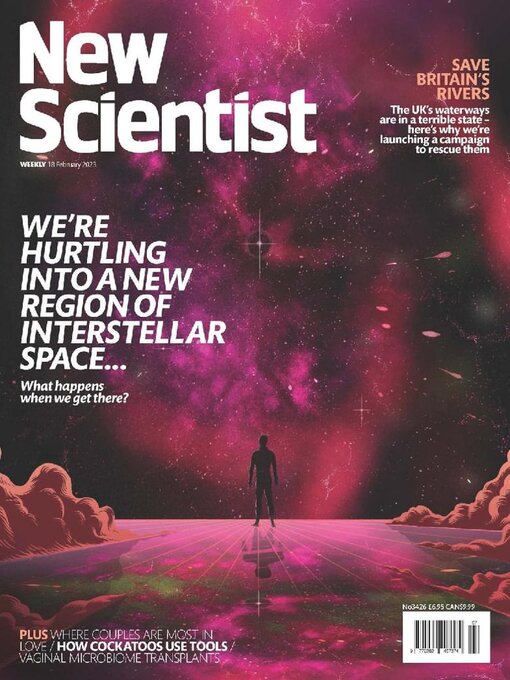
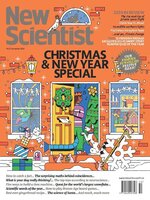 Dec 14 2024
Dec 14 2024
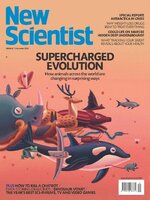 Dec 07 2024
Dec 07 2024
 Nov 30 2024
Nov 30 2024
 Nov 23 2024
Nov 23 2024
 Nov 16 2024
Nov 16 2024
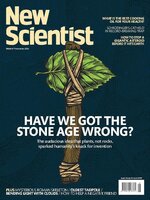 Nov 09 2024
Nov 09 2024
 Nov 02 2024
Nov 02 2024
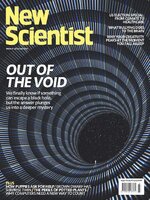 Oct 26 2024
Oct 26 2024
 Oct 19 2024
Oct 19 2024
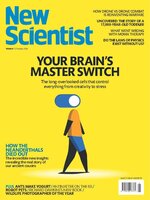 Oct 12 2024
Oct 12 2024
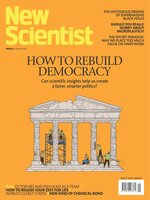 Oct 05 2024
Oct 05 2024
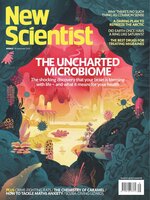 Sep 28 2024
Sep 28 2024
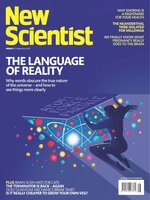 Sep 21 2024
Sep 21 2024
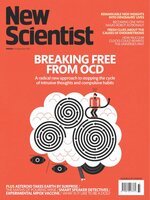 Sep 14 2024
Sep 14 2024
 Sep 07 2024
Sep 07 2024
 Aug 31 2024
Aug 31 2024
 Aug 24 2024
Aug 24 2024
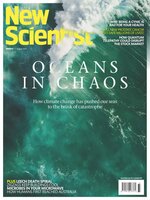 Aug 17 2024
Aug 17 2024
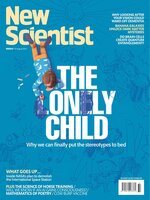 Aug 10 2024
Aug 10 2024
 Aug 03 2024
Aug 03 2024
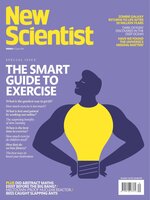 Jul 27 2024
Jul 27 2024
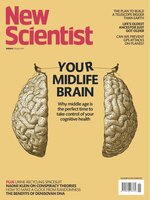 Jul 20 2024
Jul 20 2024
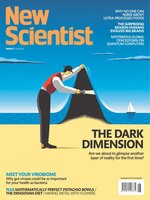 Jul 13 2024
Jul 13 2024
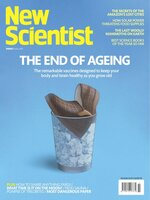 Jul 06 2024
Jul 06 2024
